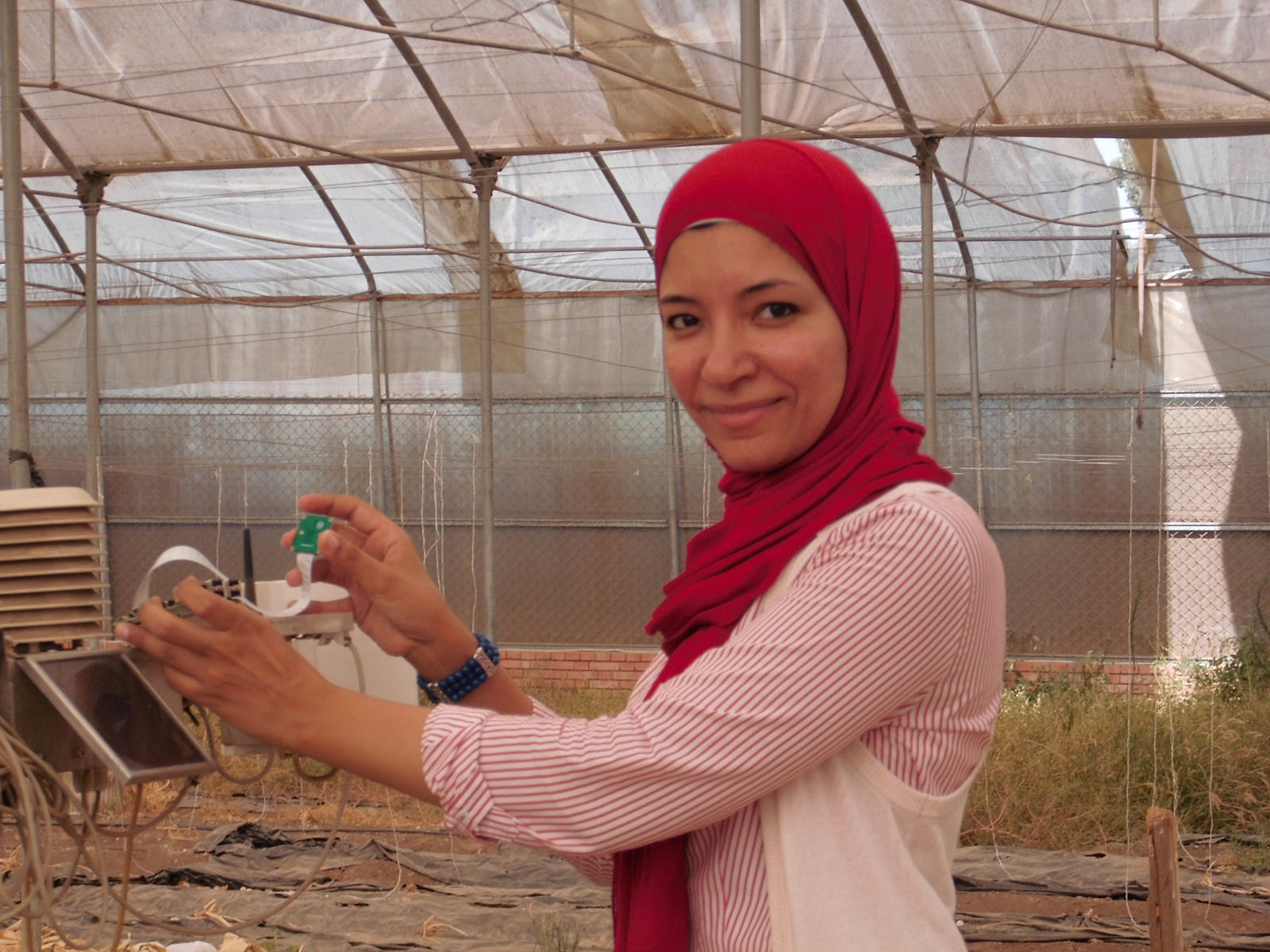While some scientists are interested in theories and fundamental research, others focus on applied sciences. In this article, we tell the story of a scientist who wanted to translate her knowledge of computers and informatics into smart solutions for the problems society faces; she is the Egyptian scientist Nashwa El-Bendary, winner of the ALECSO and L'Oréal-UNESCO awards.
El-Bendary graduated from the Faculty of Computer and Data Science, Cairo University, in 2000; she then proceeded with her post-graduate studies to obtain her MA in 2004 and PhD in 2008. Currently, she is a professor at the Arab Academy of Science, Technology, and Maritime Transport (AAST). Prof. El-Bendary's career progressed to become the Dean of the College of Computing and Information Technology at the AASTMT (South Valley branch) and also the Director of the China-Arab States Technology Transfer Center (CASTTC) since 2016. She authored more than 80 research papers published in international journals; covering different applications of the internet of things, artificial intelligence, machine learning, image processing, and data analytics. She is also a member of the Scientific Research Group in Egypt (SRGE), and of some scientific journals editorial boards.
El-Bendary's early field of specialization was Wireless Sensor Network, but she preferred to focus her research on modern technological applications to address environmental issues in Egypt. Her membership in the Scientific Research Group in Egypt (SRGE), which gathers experts from different fields, gave her insight into key research issues in diverse fields.
Climate change is a universal challenge that would affect growing key crops, and consequently threaten food security. As such, El-Bendary worked on a project concerned with observing and evaluating climate change effects on agricultural crops. The project aims at helping new farmers and greenhouse owners; it comprises two parts. The first is predicting harvest time through Observation Units developed in greenhouses; these units are equipped with cameras and sensors to collect data on temperature, and humidity, as well as photographing plants.

Image Copyright © 2018 Media & More
The use of Data Analytics, Image Processing, and Machine Learning makes it possible to predict harvest time for each crop; predictions differ according to the kind of crop and the purpose, be it in export or storage. Afterward, findings are sent to users before the recommended harvest time to avoid crop damage and meet the exportation standards, which would cause huge financial losses to farmers. As such, the project helps reduce waste and increase income.
The second part of the project is the post-harvest early detection of crop diseases; farmers are then warned to find quick solutions and avoid crop damage. The project has won the UNESCO - ALECSO Award for creativity and technical innovation for young researchers in the Arab World 2014, and the L’Oréal-UNESCO "For Women in Science" Levant & Egypt fellowship 2015
Scientist Nashwa El-Bendary has conducted researches on applied computer sciences in other fields such as medicine, education, and helping the elderly and the disabled. We hope to have shed light on a model of a successful female scientist, and on how cross-field cooperation could provide smart answers to our problems.
Banner Image: Copyright © 2016 Identity Magazine.
References
scoopempire.com
enigma-mag.com
gate.ahram.org.eg
aast.edu
dblp.org